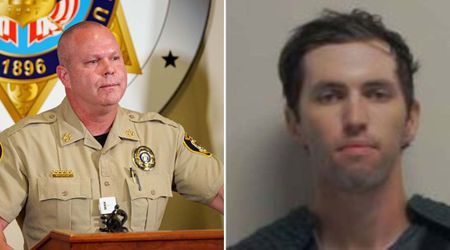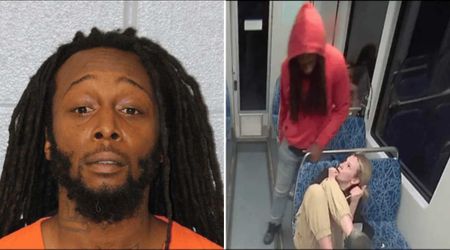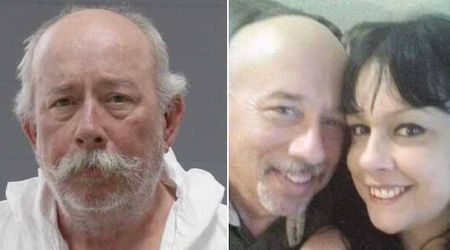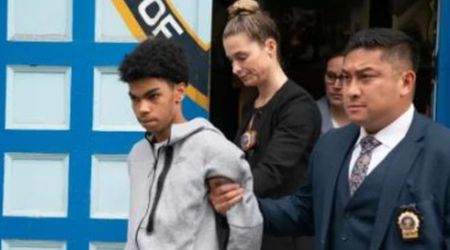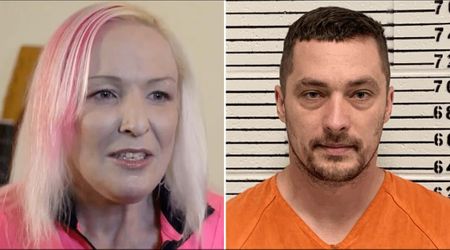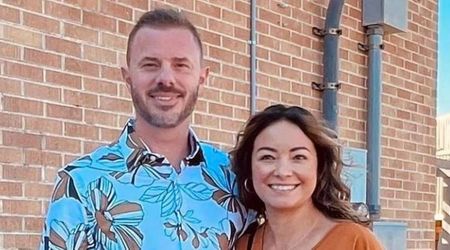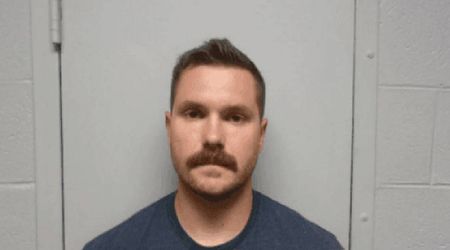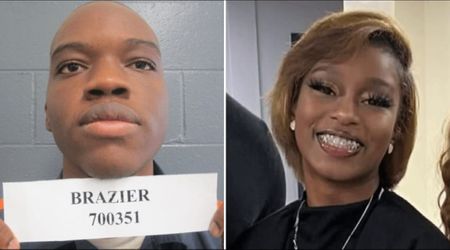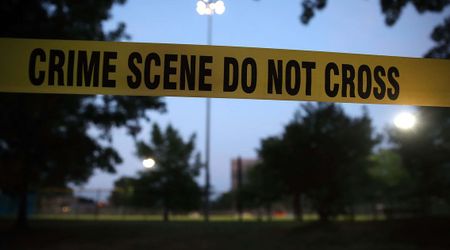Jason Meade: Former deputy asserts self-defense by citing 'deadly threat' in Casey Goodson Jr murder trial
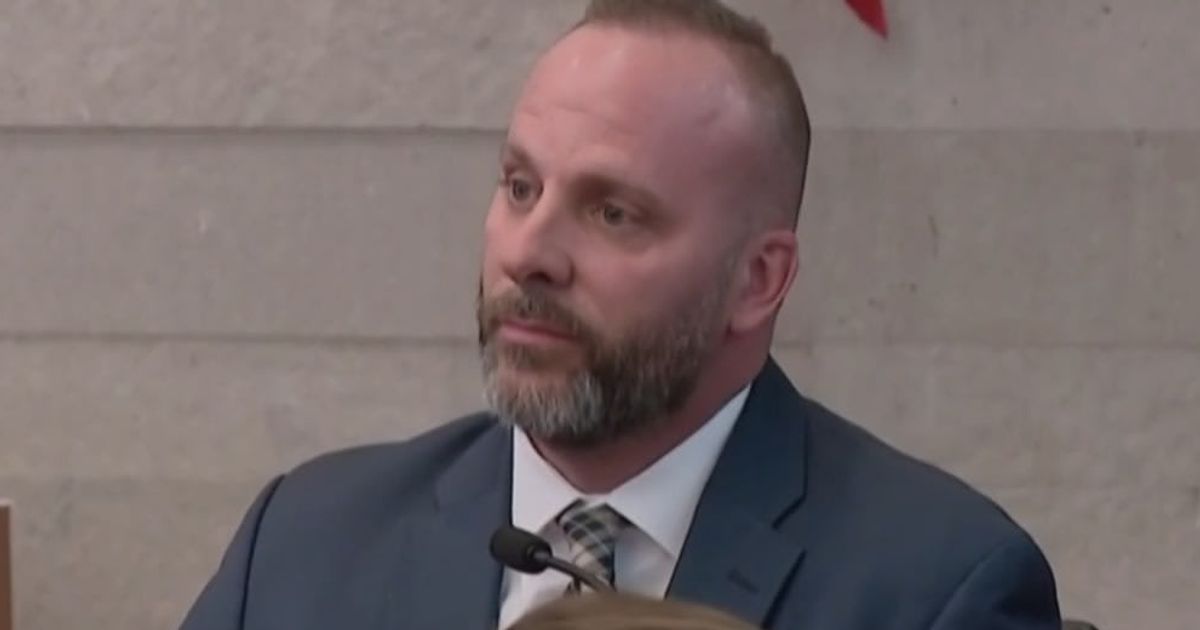
Warning: This article contains a recollection of crime and can be triggering to some, readers’ discretion advised.
COLUMBUS, OHIO: During the recent murder trial on Tuesday, former deputy Jason Meade provided testimony regarding the killing of Casey Goodson Jr.
To provide context, in 2020, Meade discharged his firearm, striking the 23-year-old Goodson a total of six times, with five of the shots striking him in the back.
Remarkably, Meade asserted self-defense, stating that he shot Goodson to neutralize a perceived deadly threat as per FoxNews.
Jason Meade recounts shooting Casey Goodson Jr
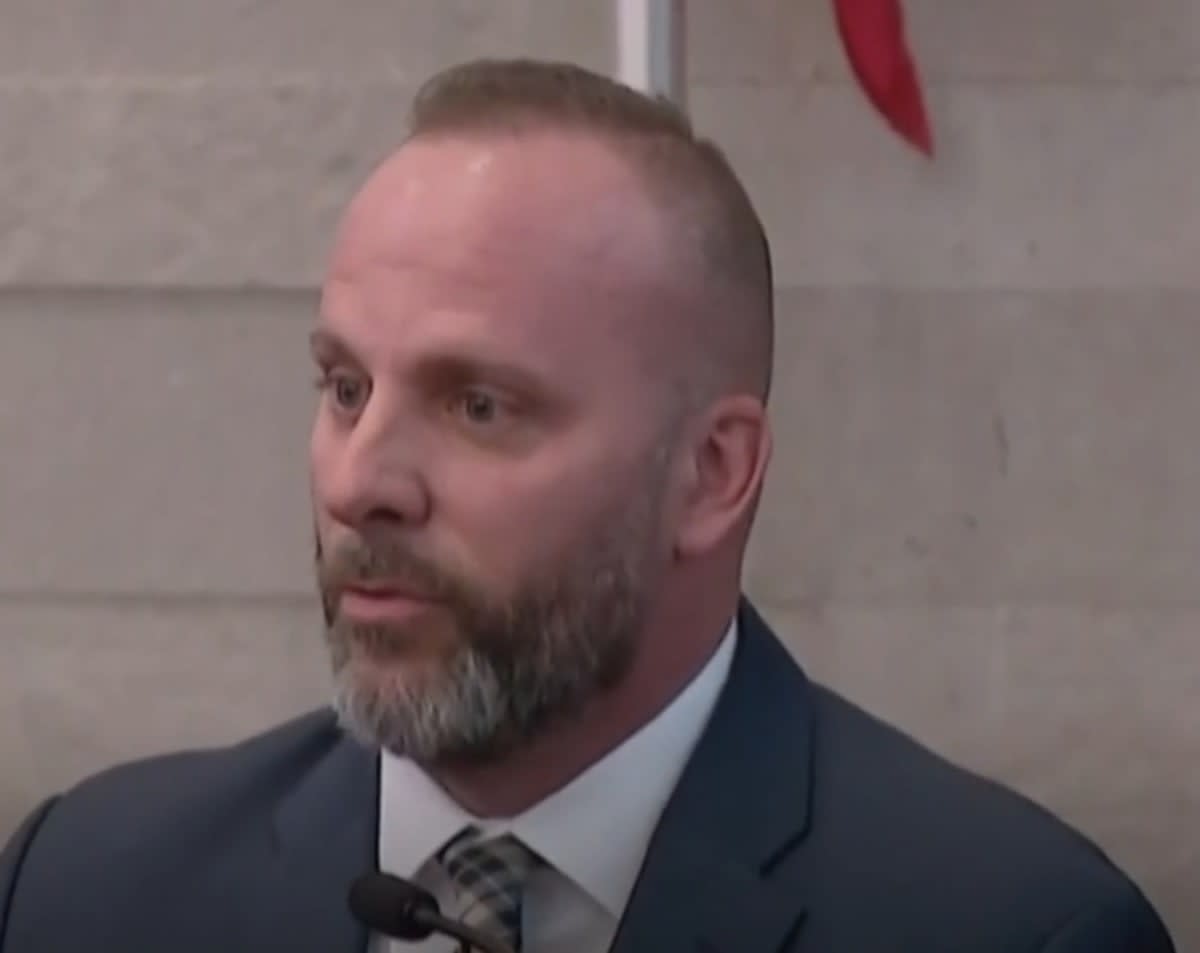
During the trial, Jason Meade took the stand to recount the events surrounding the fatal 2020 shooting of Casey Goodson Jr, which was not captured by body camera footage as Meade was not equipped with one at the time.
He asserted that he was deeply concerned for his safety and that of those around him during the shooting incident.
Notably, Meade has not entered a plea of guilty to charges of murder and reckless homicide in connection with Goodson's death, which occurred when Goodson entered his grandmother's residence.
When Meade discharged his firearm, Goodson fell into the kitchen of the house where his firearm was discovered.
Prosecutors contend that Goodson was holding a bag of sandwiches in one hand and his keys in the other at the time of the shooting.
Conversely, Meade testified regarding the shooting, alleging that Goodson had brandished a firearm at him from his vehicle, prompting a pursuit.
Meade further claimed that Goodson failed to comply with commands and asserted that he fired at Goodson after the latter appeared to raise a gun towards him, stating, "I thought he was going to shoot me. I'm thinking, I don't want to die. I didn't want to shoot him."
Meade expressed that he had hoped Goodson would surrender but felt compelled to act to neutralize what he perceived as a "deadly threat."
Jason Meade addressed statements claimed at Christian men’s church
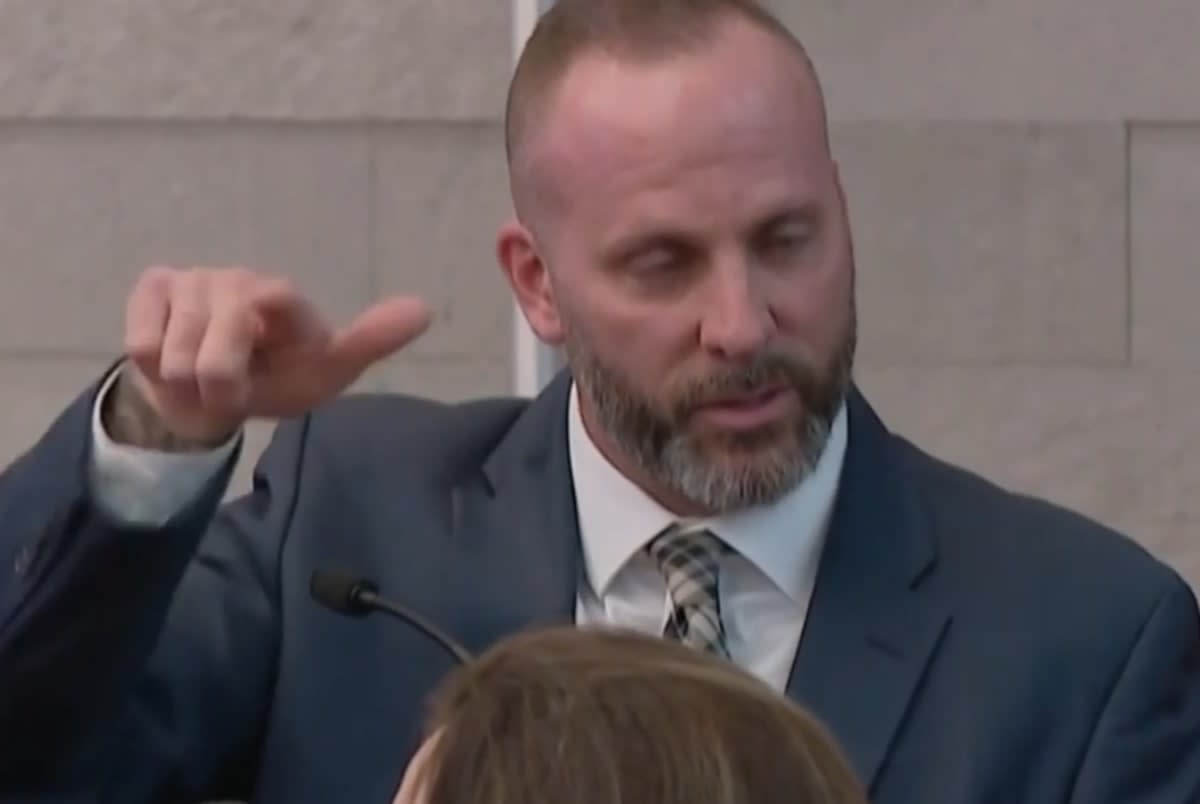
Jason Meade, also known as a pastor in a Baptist church, addressed previous statements made at a Christian men's conference regarding his law enforcement work.
In these remarks, Meade characterized his job as a "great job" where he gets to "hunt" people and makes remarks about the use of force, asserting that he is "justified" in "throwing the first punch."
He explained that his comment on "hunting people" was intended to simplify his job for those unfamiliar with law enforcement.
Meade clarified that he often utilizes lived experiences to convey spiritual messages, and he connected the use of force to the biblical tale of David and Goliath, wherein a young boy defeats a giant intending to kill him.
While neither the prosecution nor Goodson's family disputed the possibility that Goodson may have been armed, they noted that he also possessed a license to carry a firearm. Goodson was also found to have a holster around his waist that lacked a strap.
What did the special prosecutor Gary Shroyer ask?
Special prosecutor Gary Shroyer pressed Meade on whether he had taken adequate steps to identify himself as law enforcement to Goodson.
Meade responded that the circumstances were urgent, precluding the use of sirens or lights, and suggested that Goodson must have been aware of his presence as he fled.
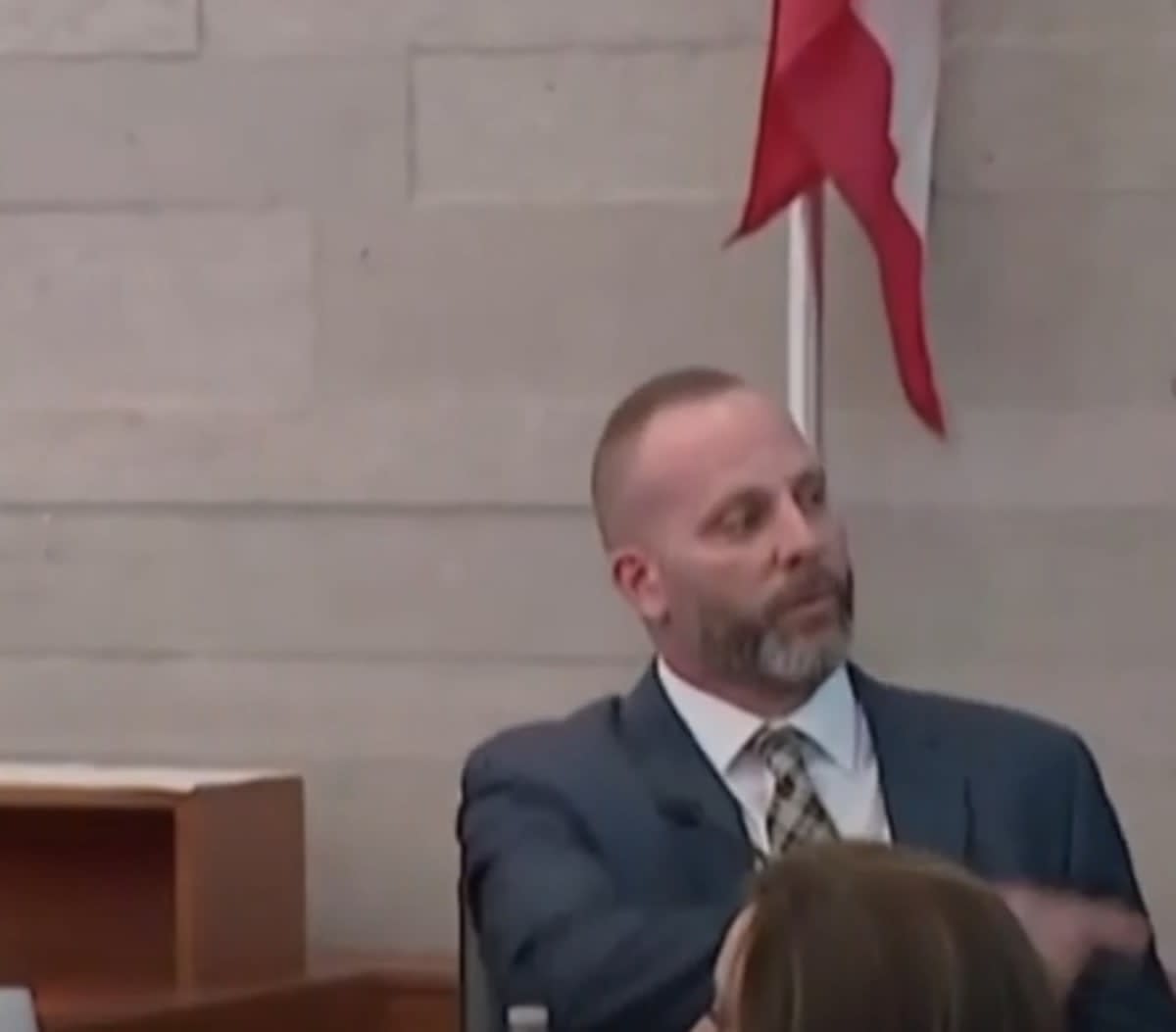
Shroyer reiterated that Goodson was wearing AirPods at the time of his death and highlighted inconsistencies in Meade's testimony regarding Goodson's movement, particularly regarding whether Goodson was "moving quickly" or actively evading law enforcement.
He also pointed out that Meade had lost sight of Goodson while en route to Goodson's grandmother's residence.
Shroyer further questioned Meade about whether, as a reasonable officer, he could have discerned that Goodson was in his vehicle and heading to his residence, especially considering that Goodson was able to unlock the side door with his keys.
Meade indicated that he did not observe how Goodson accessed the door or with which hand, but asserted that Goodson's actions were indicative of criminal behavior.

